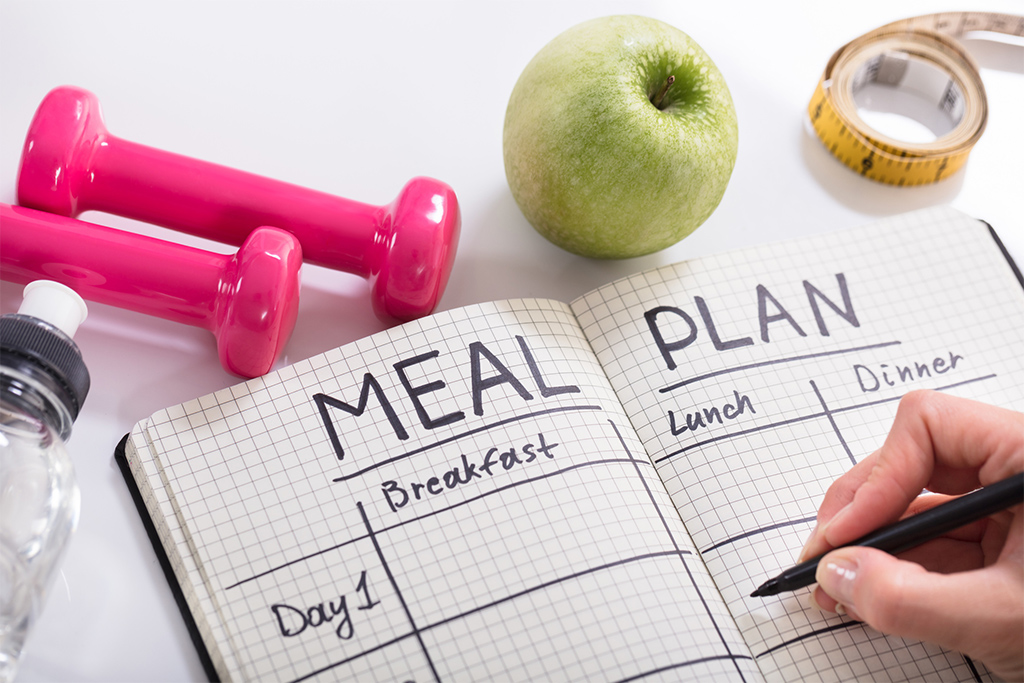 Source: bing.com
Source: bing.comNutrition plays a crucial role in the growth and development of a baby. From the moment of conception, nutrition is vital to ensure that the baby gets all the necessary nutrients to develop and grow healthily. A well-balanced diet with all the essential nutrients is necessary for the baby’s overall growth and development.
Table of Contents
Benefits of Proper Nutrition for Baby Development
Proper nutrition can give your baby a great start in life. It can benefit your baby in the following ways:
- Brain development: Proper nutrition can improve brain development and cognitive function.
- Bone development: Calcium and Vitamin D are important for healthy bone development.
- Immune system: Certain nutrients, such as Vitamin C and Zinc, can help boost the immune system and protect the baby from infections and diseases.
- Muscle development: Protein is essential for muscle development.
- Healthy weight: A well-balanced diet can help the baby maintain a healthy weight.
Essential Nutrients for Baby Development
The following are the essential nutrients that are necessary for your baby’s growth and development:
- Protein: Protein is essential for the baby’s growth and development. It helps in the formation of muscles, tissues, and organs.
- Carbohydrates: Carbohydrates are the main source of energy for the baby’s body.
- Fats: Fat is important for brain development and the absorption of certain vitamins.
- Iron: Iron is important for healthy blood cells and brain development.
- Calcium and Vitamin D: Calcium and Vitamin D are important for healthy bone development.
- Vitamins and Minerals: Vitamins and minerals, such as Vitamin C and Zinc, are essential for the baby’s overall health and immune system.
What Foods Should You Feed Your Baby?
Breast milk is the best source of nutrition for your baby. It provides all the necessary nutrients for your baby’s growth and development. If you cannot breastfeed, then you should feed your baby with infant formula. Infant formulas are specially designed to provide all the necessary nutrients that are found in breast milk.
Once your baby starts eating solid foods, you should introduce a variety of foods to ensure that your baby gets all the essential nutrients. Some of the foods that you can feed your baby include:
- Fruits and vegetables
- Whole grains
- Lean proteins, such as chicken, fish, and beans
- Dairy products, such as cheese and yogurt
It is important to avoid giving your baby foods that are high in sugar, salt, and fat. These foods can be harmful to your baby’s health and development.
Conclusion
In conclusion, proper nutrition is important for your baby’s growth and development. It can benefit your baby’s brain development, bone development, immune system, muscle development, and healthy weight. Ensure that your baby gets all the essential nutrients by feeding them a well-balanced diet that includes fruits, vegetables, whole grains, lean proteins, and dairy products. Avoid giving your baby foods that are high in sugar, salt, and fat.
Frequently Asked Questions
Q: How can I ensure that my baby gets all the necessary nutrients?
A: You can ensure that your baby gets all the necessary nutrients by feeding them a well-balanced diet that includes fruits, vegetables, whole grains, lean proteins, and dairy products.
Q: Is breast milk the best source of nutrition for my baby?
A: Yes, breast milk is the best source of nutrition for your baby. It provides all the necessary nutrients for your baby’s growth and development.
Q: What should I avoid feeding my baby?
A: You should avoid giving your baby foods that are high in sugar, salt, and fat. These foods can be harmful to your baby’s health and development.
Q: When should I start feeding my baby solid foods?
A: You can start feeding your baby solid foods around six months of age. Before that, your baby should only be fed breast milk or infant formula.
Q: What are some foods that I can feed my baby?
A: You can feed your baby a variety of foods, including fruits and vegetables, whole grains, lean proteins, and dairy products.
